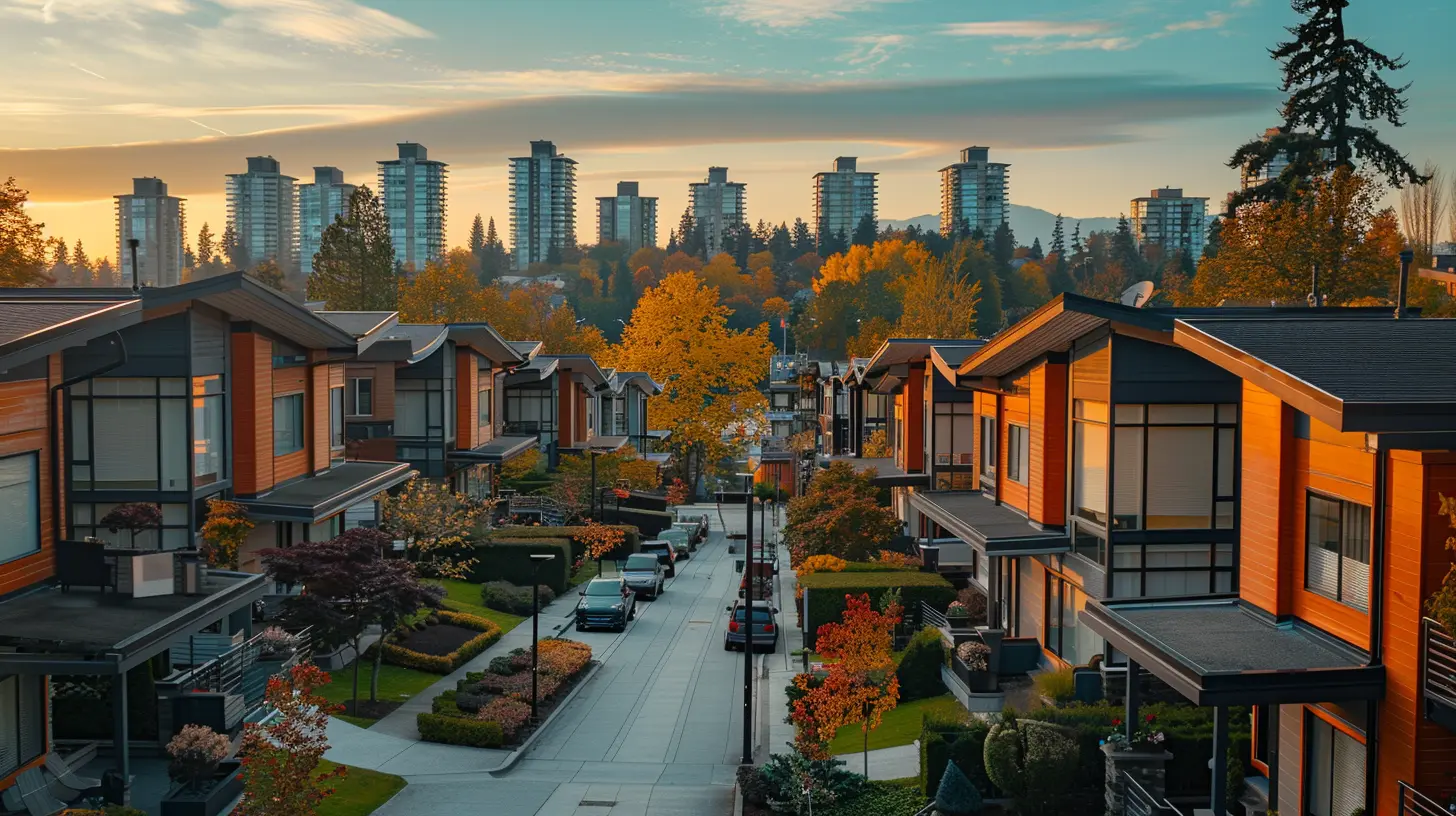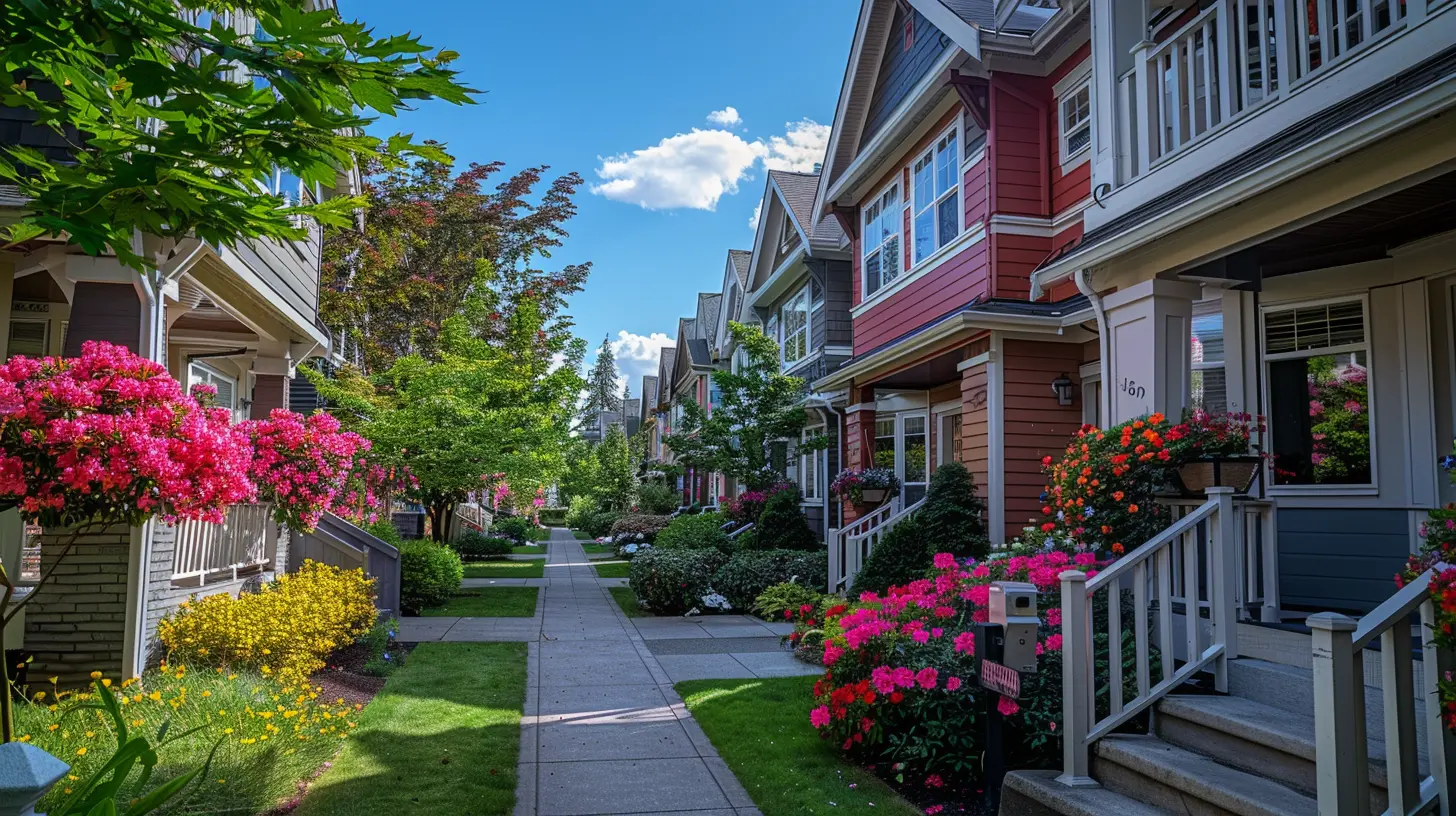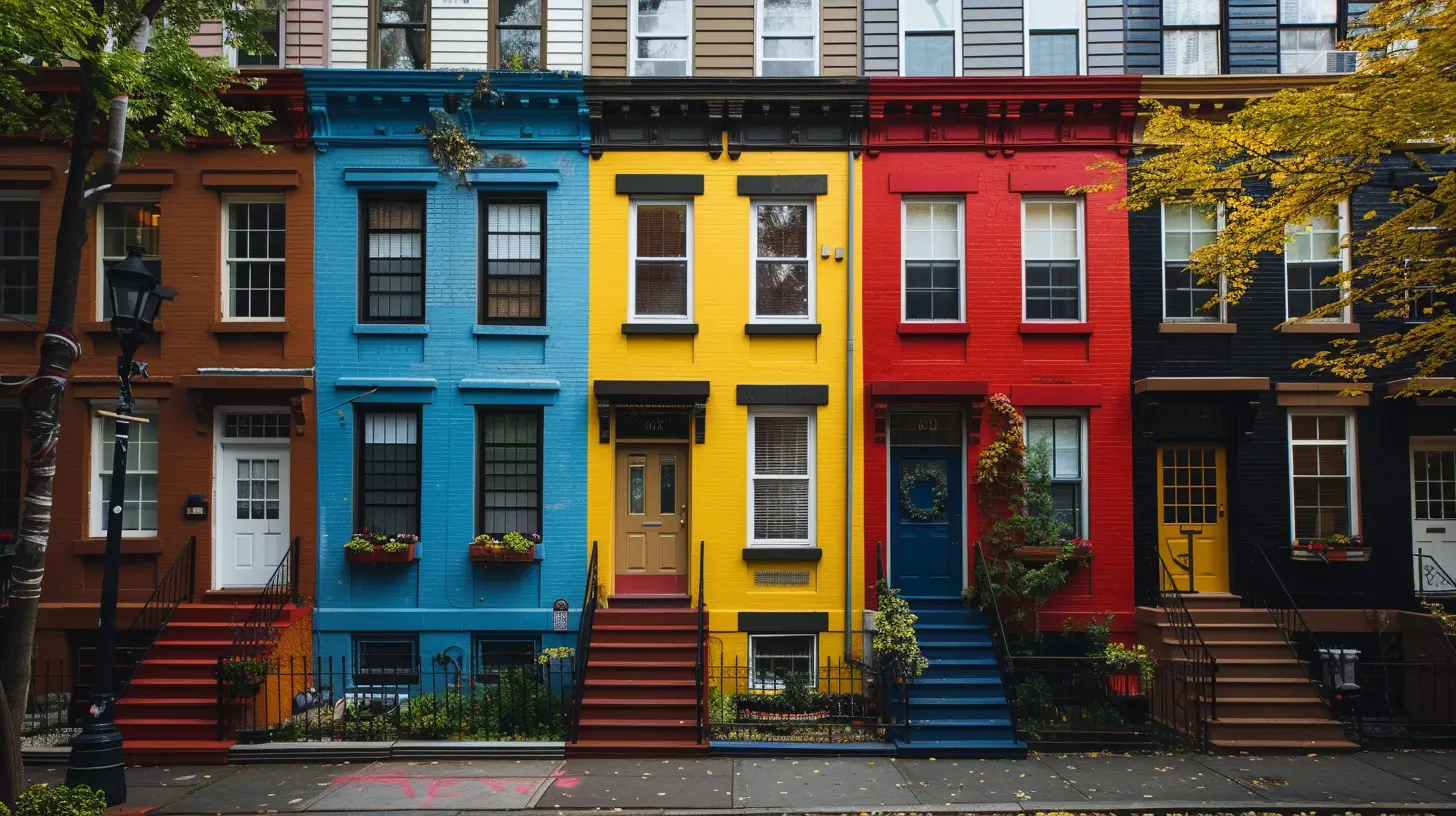13 April 2025
Renting your first home is an exciting milestone, but let’s be honest—it can also be a bit overwhelming. From navigating rental agreements to understanding hidden costs, there’s a lot to consider before signing that lease. If you're a first-time renter, you probably have a million questions running through your mind. Don’t worry, though! This guide will walk you through everything you need to know about finding the perfect rental, so you can make a smart and stress-free decision. 
1. Determine Your Budget
Before you fall in love with a rental, you need to figure out how much you can actually afford. A general rule of thumb is that your rent shouldn’t exceed 30% of your monthly income. But keep in mind—rent isn't the only expense you’ll have.Other Costs to Consider:
- Security deposit: Usually one to two months' rent.- Utilities: Water, electricity, gas, internet—some rentals include these, others don’t.
- Renter’s insurance: Protects your belongings and is often required by landlords.
- Move-in costs: Truck rental, security deposits, and furniture add up fast.
Take a close look at your income and expenses before setting your budget. The last thing you want is to find yourself struggling to pay rent after just a few months! 
2. Choose the Right Location
They say location is everything, and when it comes to renting, that couldn’t be truer. The perfect rental isn't just about the space inside—it’s about the neighborhood too.Factors to Consider:
- Commute: How close is it to work, school, or public transportation?- Safety: Check crime rates and visit the area at different times of day.
- Amenities: Are there grocery stores, restaurants, parks, or gyms nearby?
- Noise Level: A great apartment can be ruined by noisy neighbors or traffic.
Pro tip: Walk around the area before committing. You might notice things you wouldn’t from just looking online! 
3. Decide on Must-Have Features
Now, let’s talk about your “must-haves” versus “nice-to-haves.” You might dream of a penthouse with a city skyline view, but realistically, what do you actually need?Questions to Ask Yourself:
- How many bedrooms/bathrooms do I need?- Do I need a pet-friendly place?
- Is in-unit laundry a deal-breaker?
- Do I need parking?
- Would I prefer a furnished or unfurnished rental?
Make a list and stick to it! Knowing what you won’t compromise on can help you quickly narrow down your options. 
4. Search Smart
Now that you know what you’re looking for, it’s time to start searching. But where do you even begin?Best Places to Search for Rentals:
- Rental Websites: Zillow, Apartments.com, Craigslist, Rent.com- Local Facebook Groups: Great for finding private listings and subleases.
- Real Estate Agents: Some cities have rental agents who can help—usually for free!
- Word of Mouth: Tell friends and family you’re looking, and you might hear about a great place before it's even listed.
New listings go fast, so set up alerts and be ready to act quickly when you find a place that fits your criteria!
5. Visit and Inspect the Property
Found a rental that looks amazing online? Great! But before you get too excited, you need to see it in person. Pictures can be deceiving, and sometimes, what looks like a dream online is actually a nightmare in real life.Things to Check During a Visit:
- Condition: Are there any leaks, mold, pests, or damage?- Appliances: Do the stove, fridge, and heating/cooling systems work properly?
- Water Pressure: Turn on the faucets and shower to check for weak pressure.
- Cell Service & Wi-Fi: A great apartment won’t matter if you can’t make a call from inside.
- Neighbors & Noise: Can you hear everything through the walls?
Don’t be afraid to ask questions! A good landlord will be upfront about any potential issues.
6. Understand Your Lease Agreement
Leases are full of legal jargon, but you must read and understand them before signing. Never assume anything—what’s in the lease is what you’re agreeing to, no matter what the landlord says in person.Key Things to Look For:
- Lease Term: Is it month-to-month or a fixed-term lease?- Rent Due Date & Late Fees: When is rent due, and what happens if you’re late?
- Security Deposit Terms: How and when will you get it back?
- Maintenance & Repairs: Who is responsible for fixing things—the tenant or landlord?
- Early Termination Clause: What happens if you need to move out early?
If anything seems unclear, ask for clarification before signing. Better safe than sorry!
7. Know Your Tenant Rights
As a renter, you have legal rights, and it’s crucial to know them. Every state (and even some cities) has different laws, but some rights are fairly universal.Common Tenant Rights:
- Right to a Habitable Home: Your landlord must provide a safe and livable space.- Privacy Rights: Landlords can’t just show up unannounced—they usually need to give notice.
- Fair Housing Laws: You can’t be discriminated against based on race, gender, religion, etc.
- Security Deposit Protections: Your deposit can’t be unfairly withheld.
Look up tenant rights in your state (or country) so you know what’s legal and what’s not!
8. Be Ready to Apply Quickly
Good rentals go fast, and if you find a place you love, you need to be ready to apply ASAP. Most landlords require an application, and many ask for supporting documents.What You’ll Likely Need:
- Proof of Income: Pay stubs, bank statements, or an offer letter.- Credit Report: Many landlords check credit scores—aim for 650 or higher.
- References: Some landlords ask for previous landlord or employer references.
- Co-Signer (if needed): If you don’t have great credit or income, a co-signer might help.
Having these documents ready can give you a competitive edge over other applicants!
9. Watch Out for Rental Scams
Unfortunately, rental scams are everywhere. Scammers prey on eager renters by posting fake listings or demanding money upfront.Red Flags to Watch For:
- “Too Good to Be True” Prices: If it seems unrealistically cheap, it probably is.- No In-Person Showings: If they refuse to let you see the unit before paying, run.
- Requests for Wire Transfers: Scammers often ask for money via wire transfer or gift cards.
- No Lease Agreement: Never rent a place without a written contract.
If something feels off, trust your gut and walk away. It’s not worth the risk!
10. Move In and Make It Home
Congrats! Once you’ve signed the lease and gotten the keys, it’s time to move in. But before you start unpacking, do a quick walkthrough and document the condition of the place.Moving-In Checklist:
- Take Photos: Document any existing damage before moving in.- Set Up Utilities: If they aren’t included, get them switched to your name.
- Notify Address Change: Update your address with the post office, bank, and job.
- Meet the Neighbors: A friendly introduction can go a long way.
Now, all that’s left is decorating and making the space your own. Welcome home!
Final Thoughts
Finding the perfect rental as a first-time renter doesn’t have to be a headache. With the right preparation and a little patience, you can find a place that fits your budget, lifestyle, and needs. Keep these tips in mind, trust your instincts, and soon enough, you’ll be settling into your new home with confidence.Happy renting!






Erin Duke
Great insights! First-time renters should prioritize budget, location, and amenities while thoroughly researching neighborhoods. Building a checklist can streamline the process and ensure a more informed decision. Happy renting!
April 24, 2025 at 4:59 AM